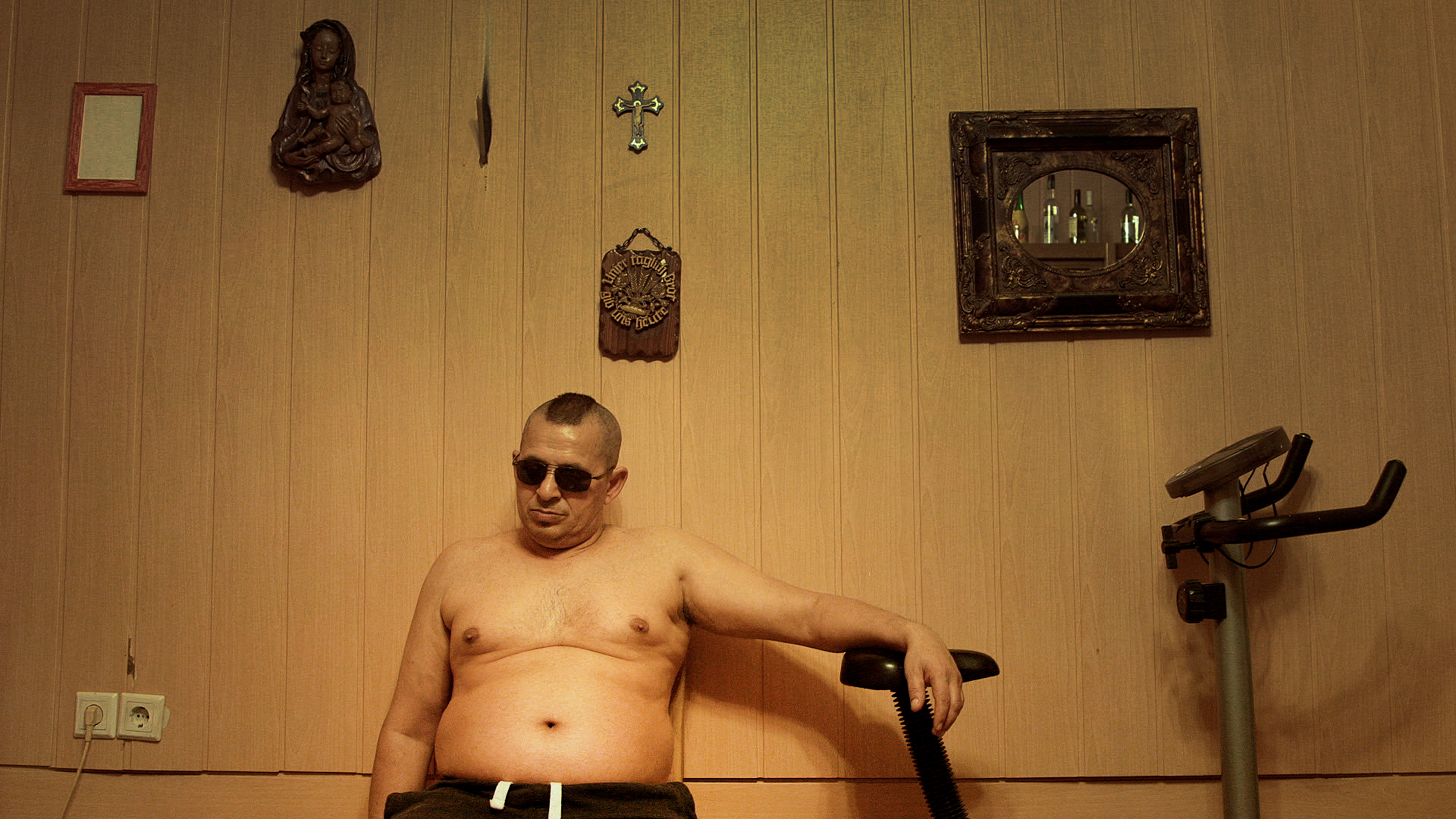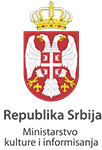Director Mladen Djordjevic debuted at FEST in 2005 with the documentary Made in Serbia, after which he shot the highly successful feature film The Life and Death of a Porno Gang. His long-awaited film Vienna Hallways is finally coming to cinemas as well as on small screens. In this interesting mix of documentary and feature film, Djordjevic traces the fate of several Gastarbeiters (guest workers) torn between life in Vienna and Serbia. It will premiere in the Main Competition Programme of the 48th FEST on March 5th at 10 p.m, and we talked with Mladen about his heroes and their pursuit of happiness.
Where is the border between documentary and feature in this film?
That border has been erased in this film. There are plenty of scenes that are reconstructions of what happened to the heroes before, plenty of scenes that are actually an upgrade of what happened to them, and some scenes that are completely documentary in the classic sense. It was not possible to write the script and then shoot with them, but I had to shoot during the research. It's just hard to catch these people, you have them for an hour and then they go to work. It was a difficult balancing act between fiction and documentary, so I practically wrote the script for the film and the series during filming and later reconstructed it in editing. For example, there is a homage to the film Taxi Driver that was produced in a leisure time between two shooting days. Sound editor Milos Drndarevic asked one of the heroes if he had watched Taxi Driver, so since he didn't, we played the film to him and he was delighted. Then it occurred to me to shoot a scene of Milenko taking over the famous image of the protagonist of the Scorsese’s film. A lot of it really came out on the go, it's a complicated game on the edge between life and fiction.
After the film, the series on RTS awaits us. How is the story in the film different from the one in the series?
The twelve-episode series has given more space to character development, has a slower pace, but all the key points are the same. The basis of the plot is the same - their life gets complicated in Vienna when Austria introduces tax on taxi drivers, and they try to solve the problem in different ways, viewers will see how in the film.
How did you choose these particular heroes and how did you find them?
I entered this world with the novel Vienna Hallways, by the talented writer and poet Darko Markov, on the basis of which he wrote the monodrama he performs in Viennese cafes and alternative theatres. It was my guide through that world. Although these characters do not exist in his novel, I did find very similar heroes, and it somehow came to light that the main characters are the three Viennese taxi drivers and the fortune-teller they frequently go to and consult with on each important life move. I had a little more trouble finding a suitable fortune-teller because they mostly refused me. This is strictly regulated there, in order to work as a fortune-teller, you have to have a registered agency for tax purposes, and they work without paying income tax. During the day they work in some offices as cleaning ladies, and after work they become mistresses of the fates of my heroes.
What is the role of fortune-tellers in their lives?
Fortune-tellers in Serbia are present in all parts of Serbia. In some ways, my heroes packed Serbia and brought it to Vienna, and this is an attempt to maintain contact with tradition, perhaps even defying the civilizational achievements of the modern West, which can in no way welcome them. That way they return to that pagan, repressed. To me, it is very similar to going to a psychiatrist in the west, since it is not taboo there. I noticed that the difference is only in the narrative, but the essence is the same - both the witchdoctor and the psychiatrist can help you to be functional bolts of society, to be able to get up and go to work tomorrow, but in essence neither of them solves problems. Maybe these people do not want their problems resolved, they may even feel nostalgic, and they do not want to be deprived of that sadness.
This film shows a completely different picture from what we are used to hearing about Gastarbeiters.
Through this film, I made a demystification of the image of that ‘ideal’ Gastarbeiter life. That story is not realistic, that they earn big money abroad and then return to live beautifully in Serbia at the end of their lives. It may have been a realistic picture of the 1970s, until the mid-1980s, but that has changed a lot now. Their life in Austria is not much different from the life they would lead in Serbia, so the question is why they left at all. This is where we come to the story of the mentality, of people fleeing from themselves and reality, of travelers living in a limbo between their homeland and the foreign country, always on the road. This also fits in with the story of the fate of our people, which has often been part of various migrations.
It seems that the Gastarbeiter's dream of happiness is actually unattainable. Where is the happiness for them and do they even see the end of their Gastarbeiter road?
This is a topic I have come to notice as an essential reading in Darko's novel, they are constantly on the lookout for happiness and never find it. It is quite up to them, as if they were part of the culture and cult of pessimism attached to the Balkan region. In fact, they may not want to find happiness even though they are looking for it because they are not used to living in happiness. Perhaps that's part of the mentality. But obviously their destiny is to constantly search, travel and never stop, never reach that peak happiness.
What happened to the heroes in real life later?
Darko is still performing his monodrama, and is writing a new novel. Although Milenko's story in the film is that he is disappointed with Serbia and returns to Vienna, the truth is that he has actually returned to Serbia. He tried to work in sheep farming here, but it didn’t work out, and now he works in a utility company near Sabac.
And is he happy?
Yes, he feels much better here.
Who can we expect from the cast at the premiere?
I hope all heroes.
Finally, tell us about your new film you are preparing.
We have been building financial construction for several years, and have recently been backed by Eurimages. That film has similarities with my previous films, even the ones about Gastarbeiters. It is about the workers of a former failed factory in a small town, who, rejected from the state and the church, look for solace on the dark side. They begin practicing for calling up the dead and later satanic rituals, and in doing so, seek revenge on local authorities. We are filming in November and the film should premiere at the end of next year, depending on the festival.









